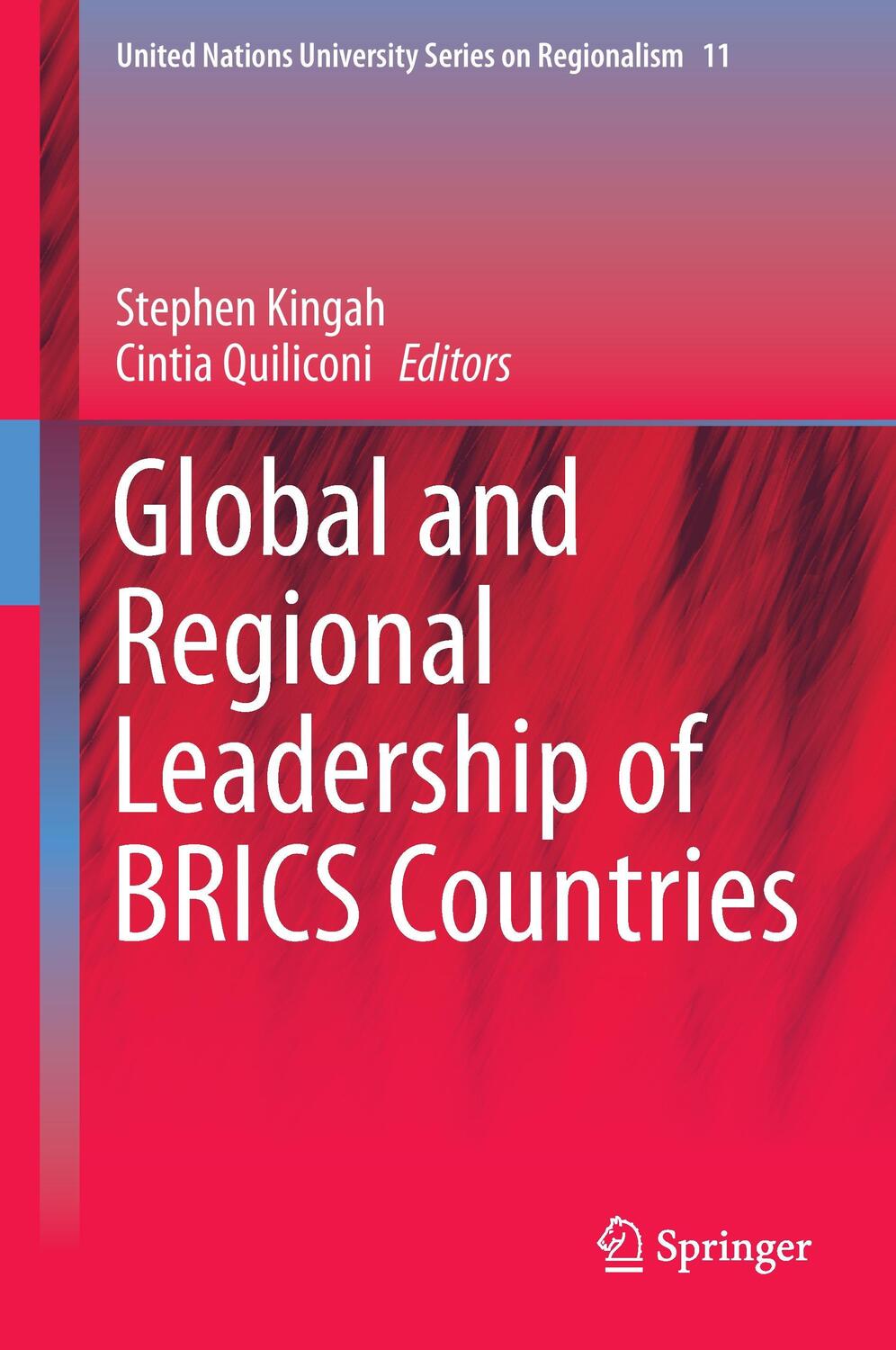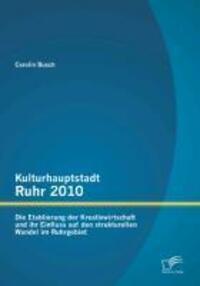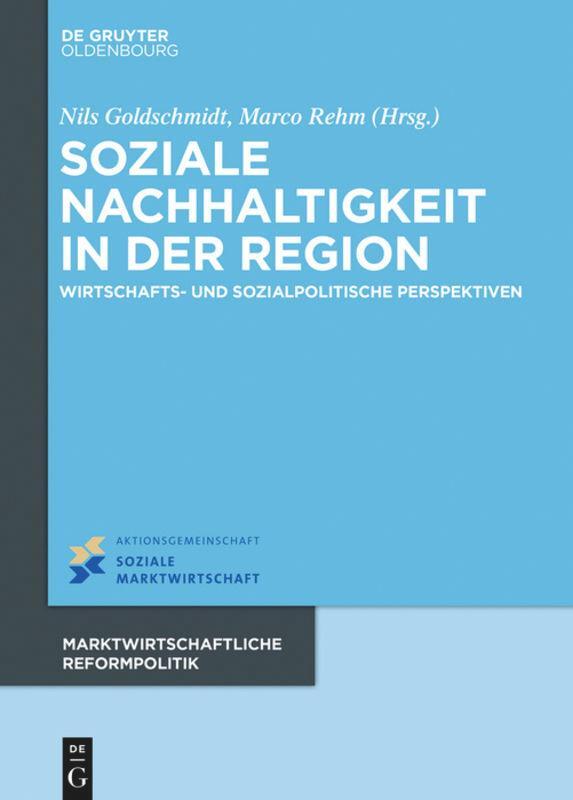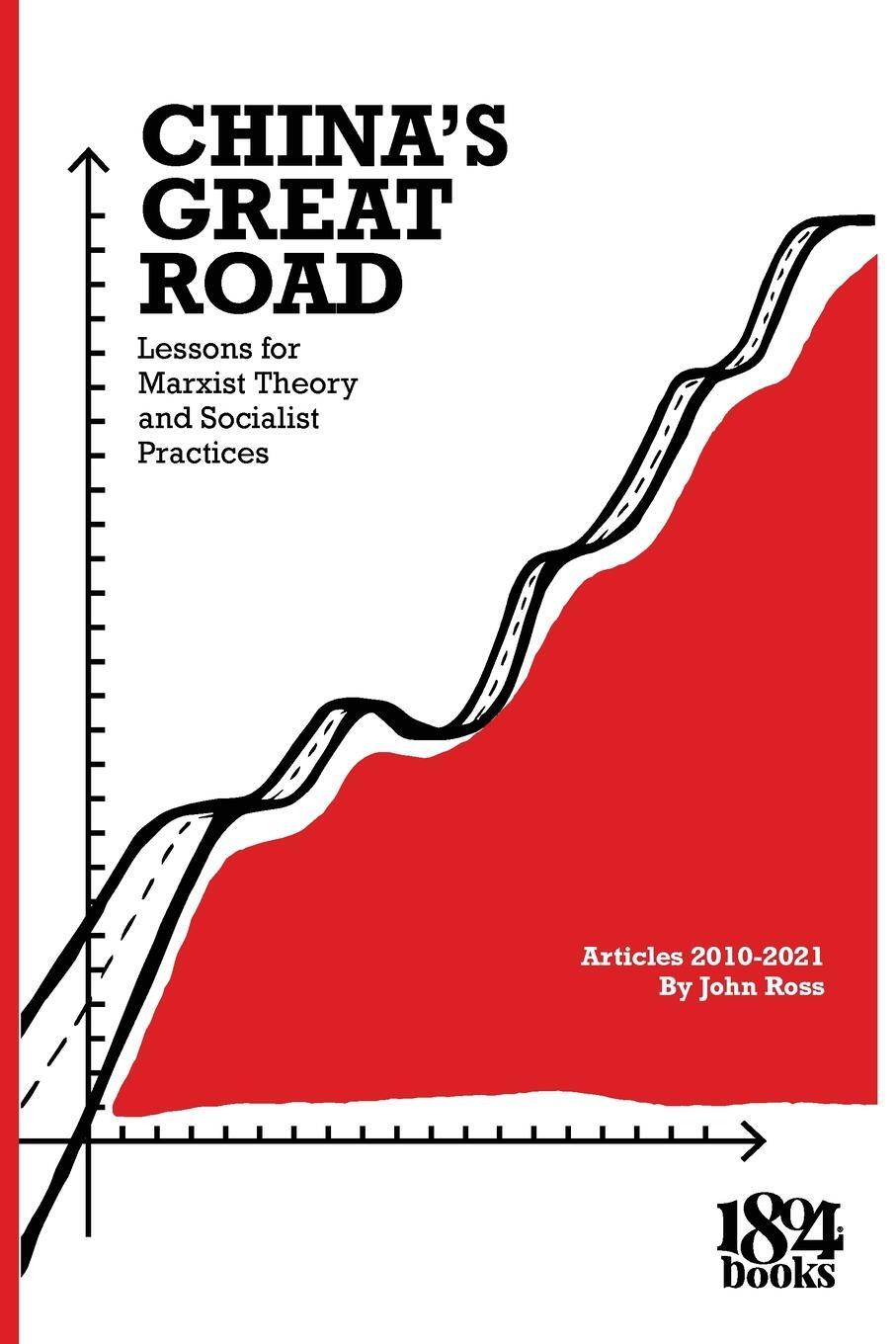53,49 €*
Versandkostenfrei per Post / DHL
Aktuell nicht verfügbar
It is taken for granted that Brazil, Russia, India, China and South Africa are now engineering a unique pool of governance that is seeking alternatives to the current order of global economic and political affairs. The fact that these countries have jointly decided to forge ahead with the BRICS constellation of states that is now taking consequential decisions such as the creation of the BRICS¿ New Development Bank, is not to be treated lightly. In this book the majority of papers take a step back and systematically analyse the real state of the leadership that is provided by the BRICS on a litany of regionally and globally relevant issues. While no one doubts the fact that these countries have the capacity to provide leadership especially in their various regions on many issues, what remains moot is whether they are willing and capable to do so at the global level. Even in those cases where there is the willingness and capacity, the book argues that the acceptance of such leadership by potential followers is not always a given.
It is taken for granted that Brazil, Russia, India, China and South Africa are now engineering a unique pool of governance that is seeking alternatives to the current order of global economic and political affairs. The fact that these countries have jointly decided to forge ahead with the BRICS constellation of states that is now taking consequential decisions such as the creation of the BRICS¿ New Development Bank, is not to be treated lightly. In this book the majority of papers take a step back and systematically analyse the real state of the leadership that is provided by the BRICS on a litany of regionally and globally relevant issues. While no one doubts the fact that these countries have the capacity to provide leadership especially in their various regions on many issues, what remains moot is whether they are willing and capable to do so at the global level. Even in those cases where there is the willingness and capacity, the book argues that the acceptance of such leadership by potential followers is not always a given.
Stephen Kingah is research fellow at the United Nations University (Institute on Comparative Regional Integration Studies, UNU-CRIS), in Bruges. He holds a PhD in law from the Free University of Brussels (VUB). Following his PhD studies he worked as ad hoc administrator in the European Commission charged with the European Union's relations par rapport international financial institutions, with emphasis on the World Bank and the African Development Bank. He lectures in the governance program at the University of Maastricht. Stephen has published in many periodicals including the International and Comparative Law Quarterly, International Organizations Law Review, European Foreign Affairs Review, Proceedings of the American Society of International Law, South African Journal of International Affairs, European Law Journal, World Bank Legal Review, amongst others.
Cintia Quiliconi. PhD in Politics and International Relations, University of Southern California (USC), she holds a M.A. in Politics from New York University, and a B.A. in Political Science from the University of Buenos Aires. She is a professor at the International Studies Department at FLACSO-Ecuador and a research fellow at the Department of International Relations at FLACSO-Argentina. She has been a Fulbright scholar and consultant to various international organizations such as the World Bank, the Inter-American Development Bank and the United Nations Development Program. She is also member of the Latin American trade Network (LATN). She has served as advisor to the Secretariat of Industry and the Secretariat of Agriculture in Argentina. Her publications and research interests focus on international political economy and development, regionalism in Latin America, trade negotiations and EU and U.S.- Latin American economic relations.
Uses and applies a new conceptual and analytical framework of leadership
Unveils the specificities and tensions amongst the BRICS countries that are often side lined and even neglected
Discusses the important role played by competing states for leadership
Provides a unique opportunity for useful comparisons
Includes South Africa in the analysis: a feature hitherto neglected in the literature
| Erscheinungsjahr: | 2015 |
|---|---|
| Genre: | Politikwissenschaften |
| Rubrik: | Wissenschaften |
| Medium: | Buch |
| Seiten: | 288 |
| Reihe: | United Nations University Series on Regionalism |
| Inhalt: |
vi
281 S. |
| ISBN-13: | 9783319229713 |
| ISBN-10: | 3319229710 |
| Sprache: | Englisch |
| Herstellernummer: | 978-3-319-22971-3 |
| Ausstattung / Beilage: | HC runder Rücken kaschiert |
| Einband: | Gebunden |
| Redaktion: |
Quiliconi, Cintia
Kingah, Stephen |
| Herausgeber: | Stephen Kingah/Cintia Quiliconi |
| Auflage: | 1st ed. 2016 |
| Hersteller: |
Springer International Publishing
Springer International Publishing AG United Nations University Series on Regionalism |
| Maße: | 241 x 160 x 22 mm |
| Von/Mit: | Cintia Quiliconi (u. a.) |
| Erscheinungsdatum: | 24.11.2015 |
| Gewicht: | 0,6 kg |
Stephen Kingah is research fellow at the United Nations University (Institute on Comparative Regional Integration Studies, UNU-CRIS), in Bruges. He holds a PhD in law from the Free University of Brussels (VUB). Following his PhD studies he worked as ad hoc administrator in the European Commission charged with the European Union's relations par rapport international financial institutions, with emphasis on the World Bank and the African Development Bank. He lectures in the governance program at the University of Maastricht. Stephen has published in many periodicals including the International and Comparative Law Quarterly, International Organizations Law Review, European Foreign Affairs Review, Proceedings of the American Society of International Law, South African Journal of International Affairs, European Law Journal, World Bank Legal Review, amongst others.
Cintia Quiliconi. PhD in Politics and International Relations, University of Southern California (USC), she holds a M.A. in Politics from New York University, and a B.A. in Political Science from the University of Buenos Aires. She is a professor at the International Studies Department at FLACSO-Ecuador and a research fellow at the Department of International Relations at FLACSO-Argentina. She has been a Fulbright scholar and consultant to various international organizations such as the World Bank, the Inter-American Development Bank and the United Nations Development Program. She is also member of the Latin American trade Network (LATN). She has served as advisor to the Secretariat of Industry and the Secretariat of Agriculture in Argentina. Her publications and research interests focus on international political economy and development, regionalism in Latin America, trade negotiations and EU and U.S.- Latin American economic relations.
Uses and applies a new conceptual and analytical framework of leadership
Unveils the specificities and tensions amongst the BRICS countries that are often side lined and even neglected
Discusses the important role played by competing states for leadership
Provides a unique opportunity for useful comparisons
Includes South Africa in the analysis: a feature hitherto neglected in the literature
| Erscheinungsjahr: | 2015 |
|---|---|
| Genre: | Politikwissenschaften |
| Rubrik: | Wissenschaften |
| Medium: | Buch |
| Seiten: | 288 |
| Reihe: | United Nations University Series on Regionalism |
| Inhalt: |
vi
281 S. |
| ISBN-13: | 9783319229713 |
| ISBN-10: | 3319229710 |
| Sprache: | Englisch |
| Herstellernummer: | 978-3-319-22971-3 |
| Ausstattung / Beilage: | HC runder Rücken kaschiert |
| Einband: | Gebunden |
| Redaktion: |
Quiliconi, Cintia
Kingah, Stephen |
| Herausgeber: | Stephen Kingah/Cintia Quiliconi |
| Auflage: | 1st ed. 2016 |
| Hersteller: |
Springer International Publishing
Springer International Publishing AG United Nations University Series on Regionalism |
| Maße: | 241 x 160 x 22 mm |
| Von/Mit: | Cintia Quiliconi (u. a.) |
| Erscheinungsdatum: | 24.11.2015 |
| Gewicht: | 0,6 kg |









